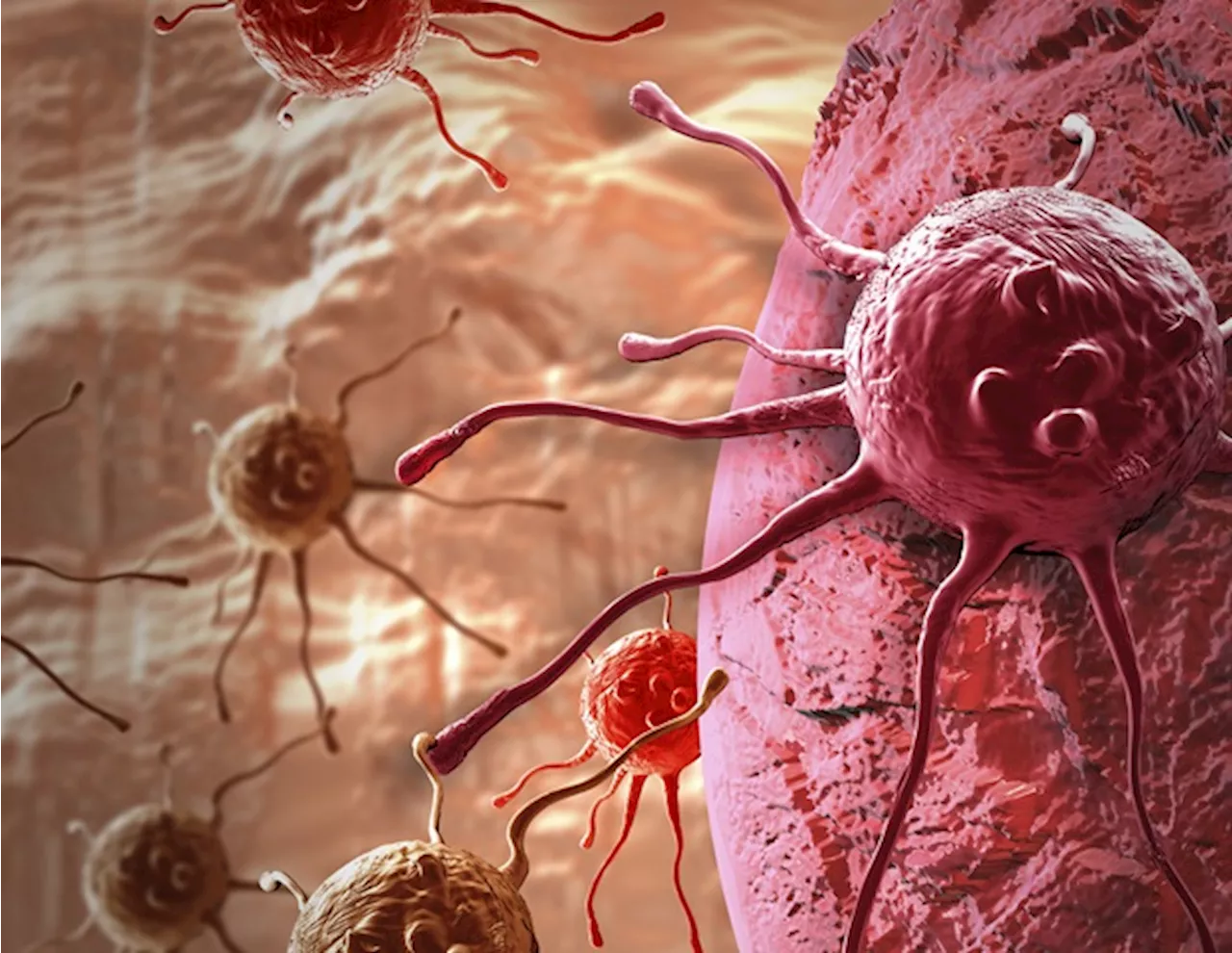A researcher at the Medical University of South Carolina is investigating a novel approach to enhance the immune system's ability to combat kidney cancer. By reactivating the immune system's response to cancer cells, this research holds promise for improving existing treatment options.
A Medical University of South Carolina Hollings Cancer Center researcher is exploring new ways to improve treatment options for kidney cancer patients. With funding from a Department of Defense (DOD) Academy of Kidney Cancer Investigators Early Career Scholar Award, Aguirre de Cubas, Ph.D., will investigate how the immune system can be boosted to detect and kill kidney tumors. Congress established the award in 2017 to support research with high potential impact and exceptional scientific merit.
De Cubas' approach focuses on reactivating the immune system to recognize and target cancer cells better, offering new possibilities for improving existing therapies. De Cubas studies renal cell carcinoma, the most common type of kidney cancer, which is often diagnosed at an advanced stage with poor prognosis. At diagnosis, 30% of patients have metastatic disease with a 5-year survival rate of only 12%. Immune checkpoint inhibitors have been a game-changer in cancer treatment, working by 'removing the brakes' from the immune system to help it attack tumors. Unfortunately, response rates remain modest, with only about 1 in 5 patients with metastatic renal cell carcinoma experiencing lasting improvements. To improve the detection of cancer cells by the immune system, de Cubas uses an innovative tool: mitochondrial DNA, or the genetic material inside the tiny powerhouses of our cells. When mitochondria are damaged, they can release DNA fragments into the cytoplasm in a way that is reminiscent of viral infection, alerting the immune system to danger. In many cancers, however, this alert system is disabled, leaving tumors undetected. De Cubas uses strategies that mimic viral infection and trigger an immune response in cancer cells. One of these strategies involves targeting a BCL-XL protein to damage mitochondria, releasing mitochondrial DNA fragments that bring the alert system back onlin
Kidney Cancer Immunotherapy Mitochondrial DNA BCL-XL Early Career Research
United Kingdom Latest News, United Kingdom Headlines
Similar News:You can also read news stories similar to this one that we have collected from other news sources.
 Simple dietary supplement may provide new approach to boost CAR T cell cancer-fighting powerA simple dietary supplement may provide a new approach to boost CAR T cell function, according to a study from researchers in the Perelman School of Medicine at the University of Pennsylvania and Penn Medicine's Abramson Cancer Center.
Simple dietary supplement may provide new approach to boost CAR T cell cancer-fighting powerA simple dietary supplement may provide a new approach to boost CAR T cell function, according to a study from researchers in the Perelman School of Medicine at the University of Pennsylvania and Penn Medicine's Abramson Cancer Center.
Read more »
 Boost Your Immune System This Holiday SeasonMaintaining a balanced immune system is crucial for overall health. Learn six ways to support your immune resilience during the holidays and beyond, including eating fermented foods and taking daily digital detoxes.
Boost Your Immune System This Holiday SeasonMaintaining a balanced immune system is crucial for overall health. Learn six ways to support your immune resilience during the holidays and beyond, including eating fermented foods and taking daily digital detoxes.
Read more »
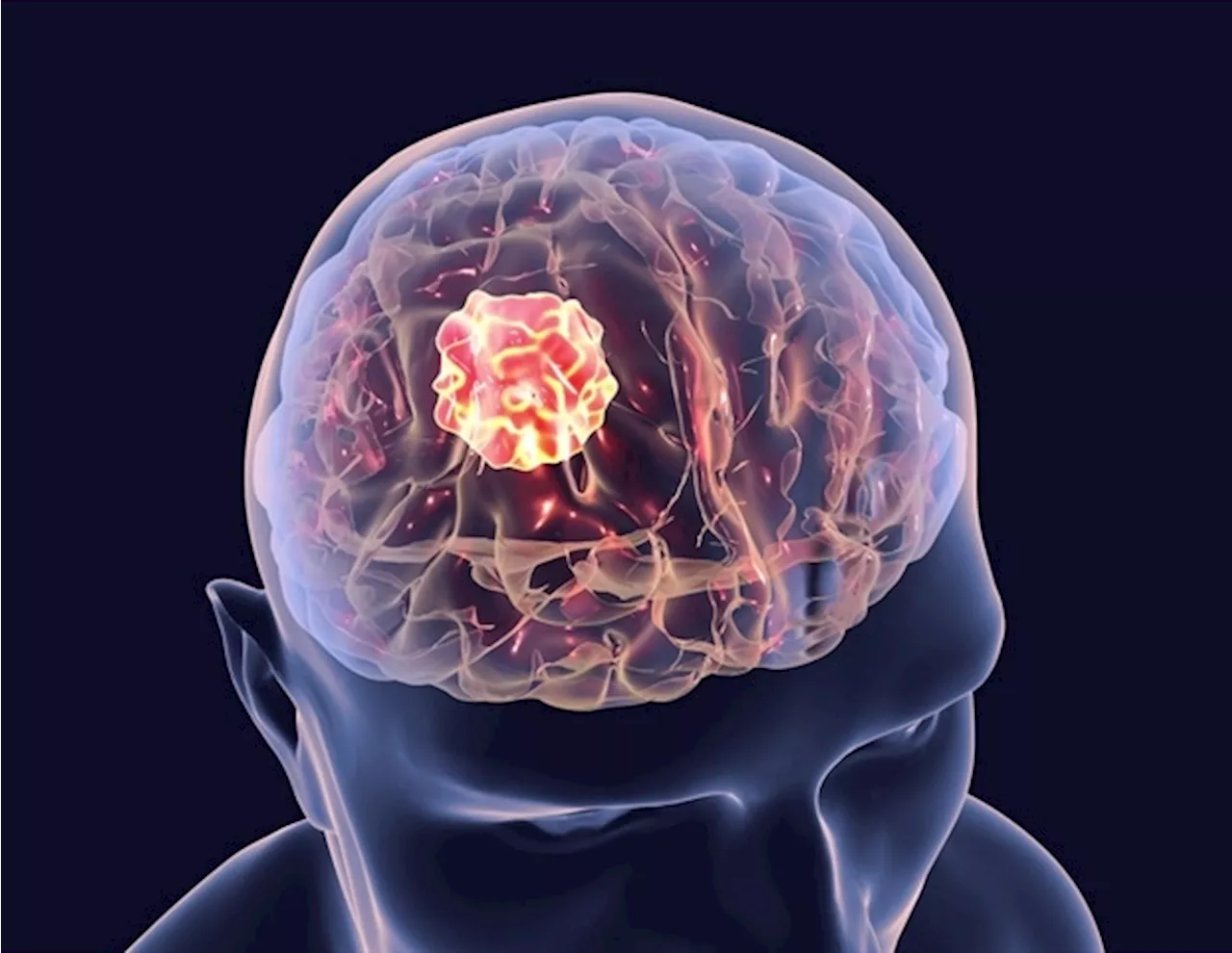 New immune therapy improves survival and reduces tumor burden in glioblastomaThe Wistar Institute's David B. Weiner, Ph.D. -; Executive Vice President, director of the Vaccine & Immunotherapy Center and W.W.
New immune therapy improves survival and reduces tumor burden in glioblastomaThe Wistar Institute's David B. Weiner, Ph.D. -; Executive Vice President, director of the Vaccine & Immunotherapy Center and W.W.
Read more »
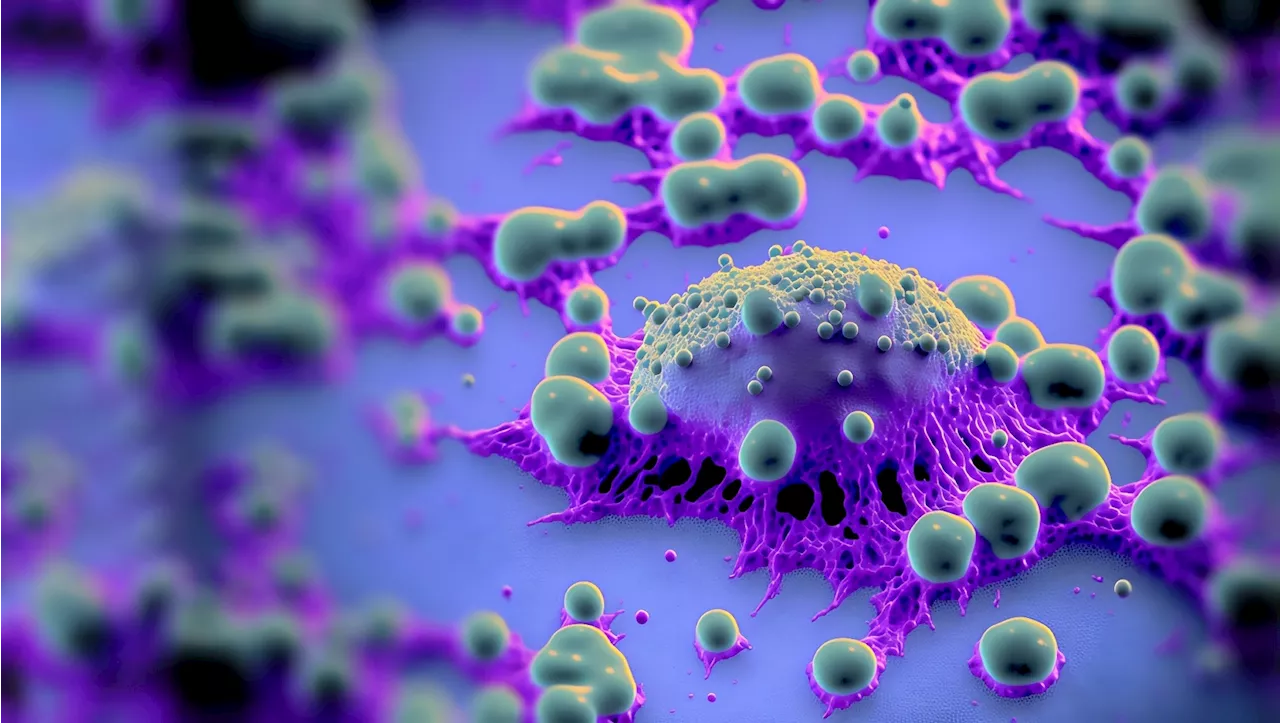 Cancer cells block T-cell activation, but new therapies restore immune defensesCancer cells impair monocyte-mediated T-cell activation by disrupting inflammatory pathways in the tumor microenvironment. Restoring balance through PGE2 inhibition and IFN-I enhancement could renew immune defenses and improve immunotherapy outcomes.
Cancer cells block T-cell activation, but new therapies restore immune defensesCancer cells impair monocyte-mediated T-cell activation by disrupting inflammatory pathways in the tumor microenvironment. Restoring balance through PGE2 inhibition and IFN-I enhancement could renew immune defenses and improve immunotherapy outcomes.
Read more »
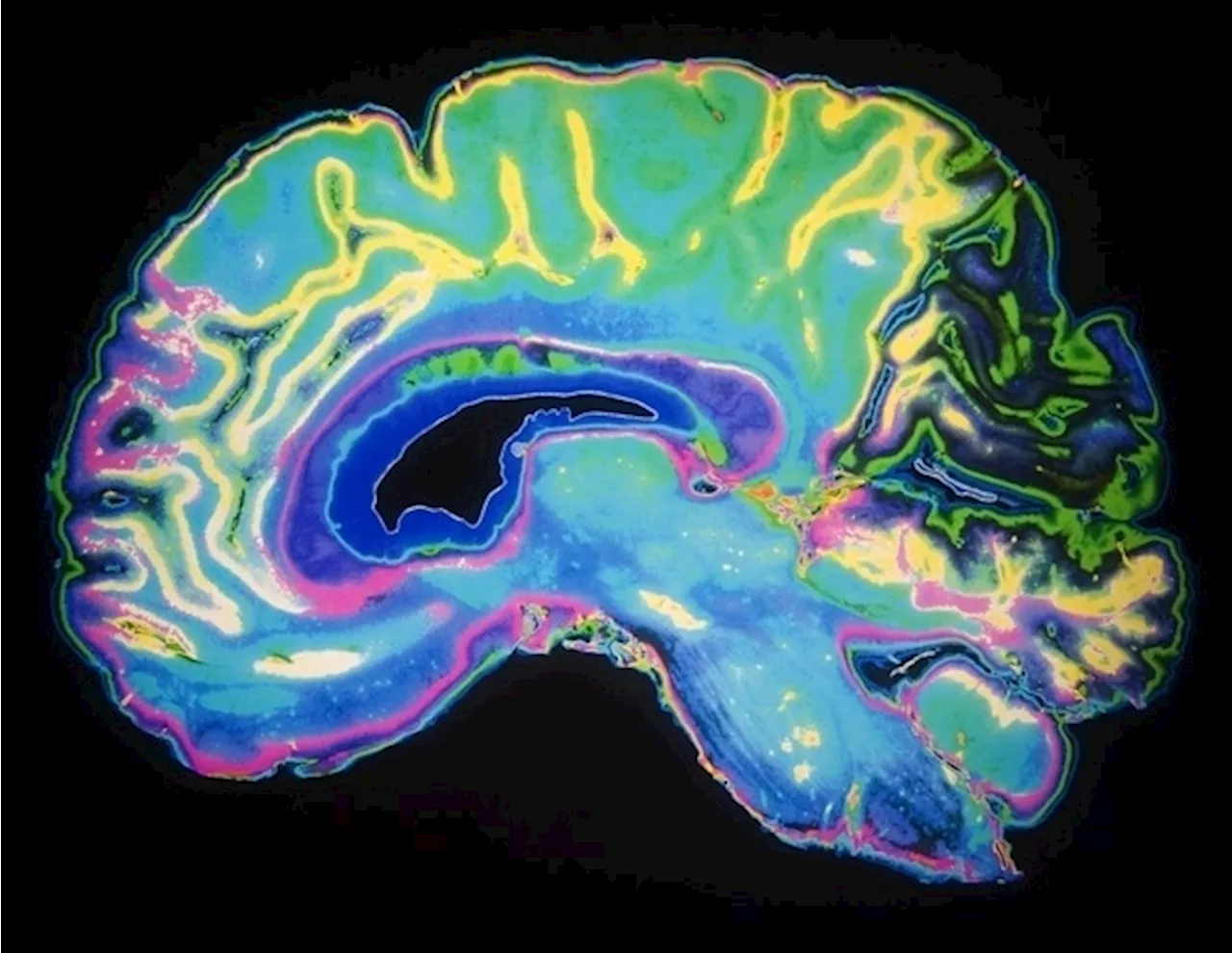 New technology guides immune cells to fight brain cancer and multiple sclerosisResearchers have found a way to program immune cells to attack glioblastoma and treat the inflammation of multiple sclerosis in mice.
New technology guides immune cells to fight brain cancer and multiple sclerosisResearchers have found a way to program immune cells to attack glioblastoma and treat the inflammation of multiple sclerosis in mice.
Read more »
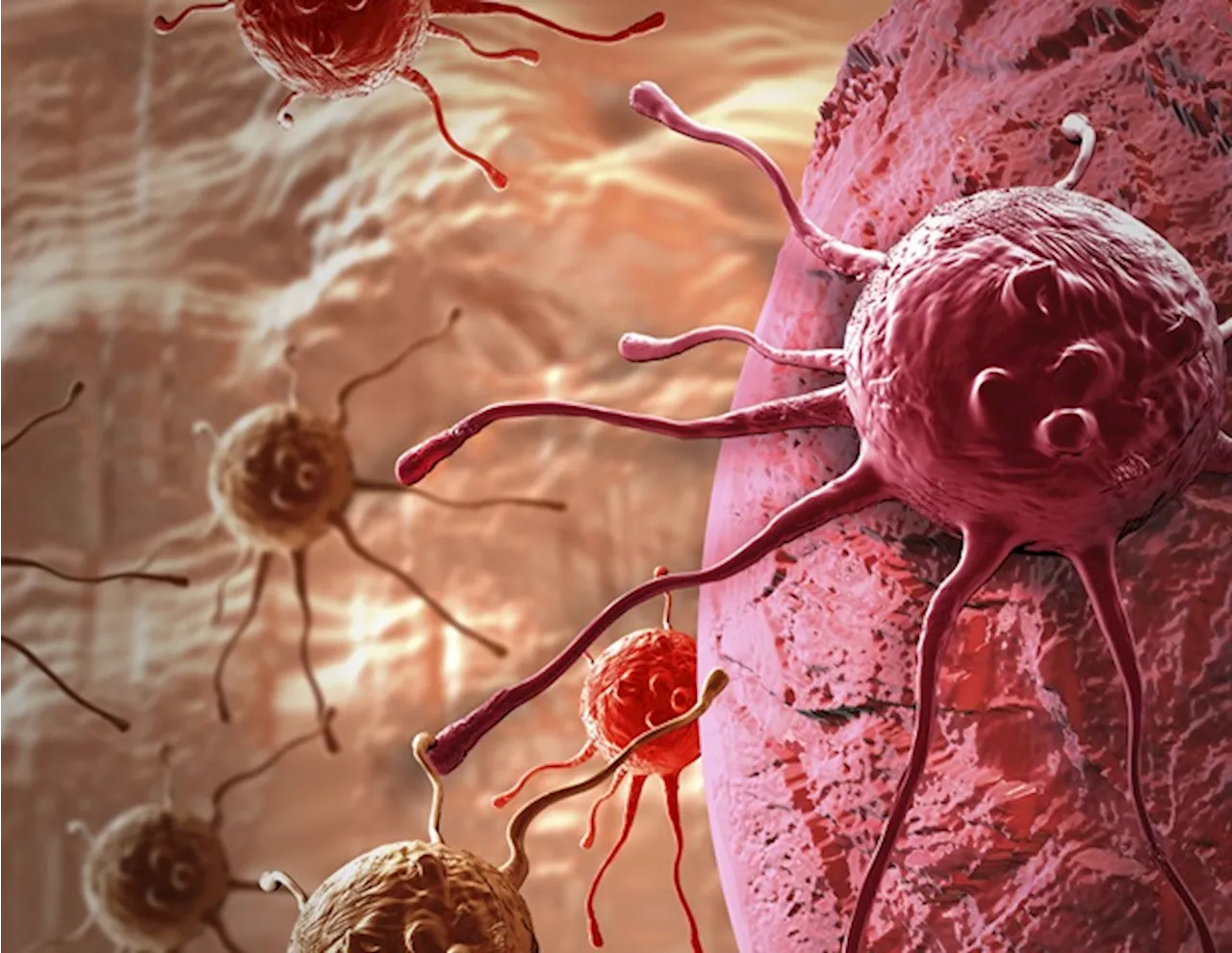 New approach to understanding chronic inflammation could lead to better cancer therapiesA recently published study led by Wayne State University on a new approach to understanding chronic inflammation could lead to new advancements in the treatment of many debilitating medical conditions, including cancer.
New approach to understanding chronic inflammation could lead to better cancer therapiesA recently published study led by Wayne State University on a new approach to understanding chronic inflammation could lead to new advancements in the treatment of many debilitating medical conditions, including cancer.
Read more »
